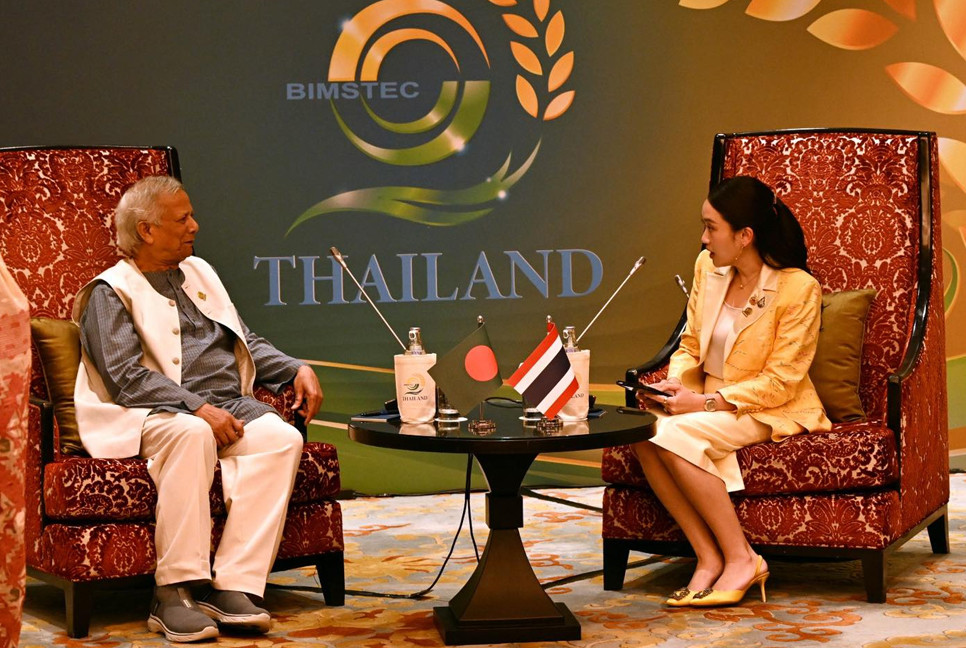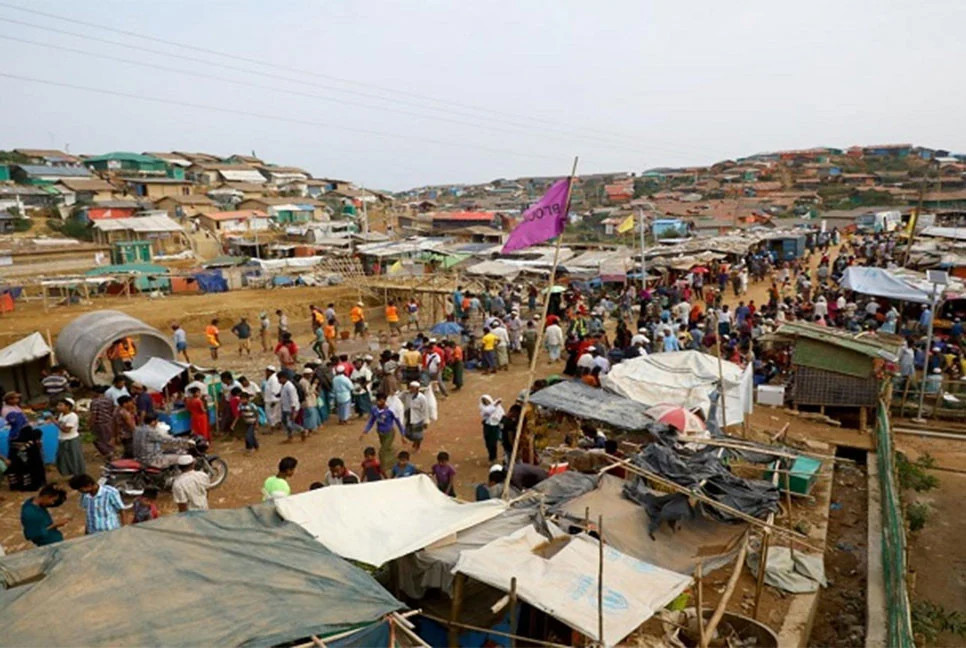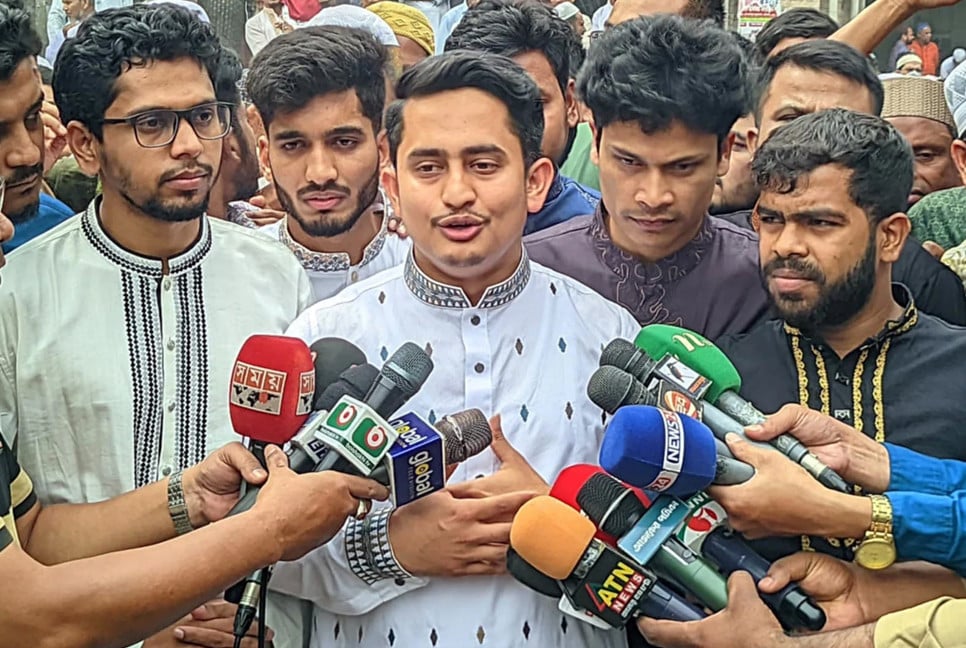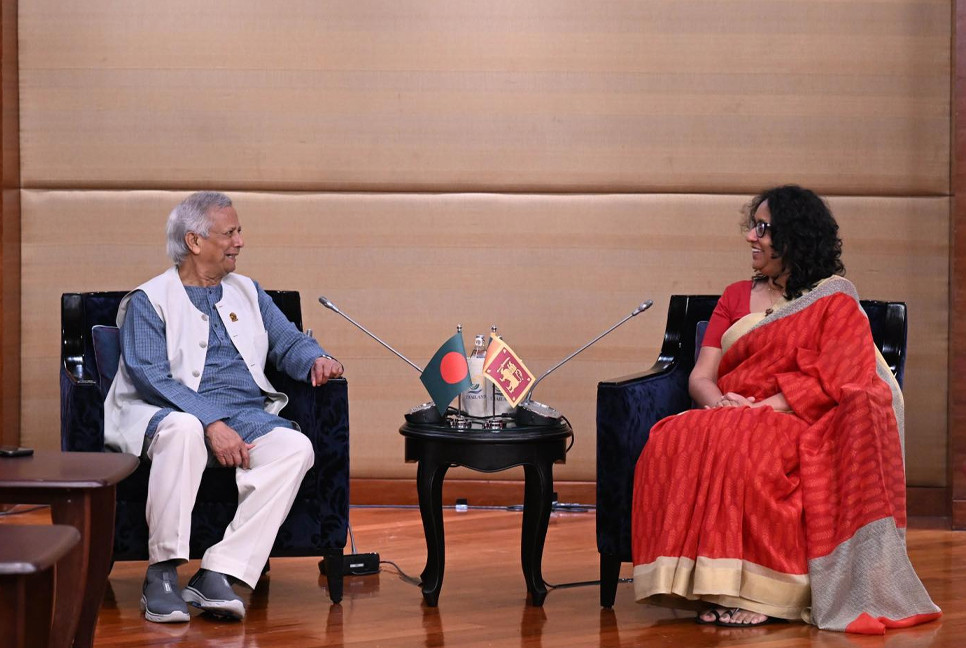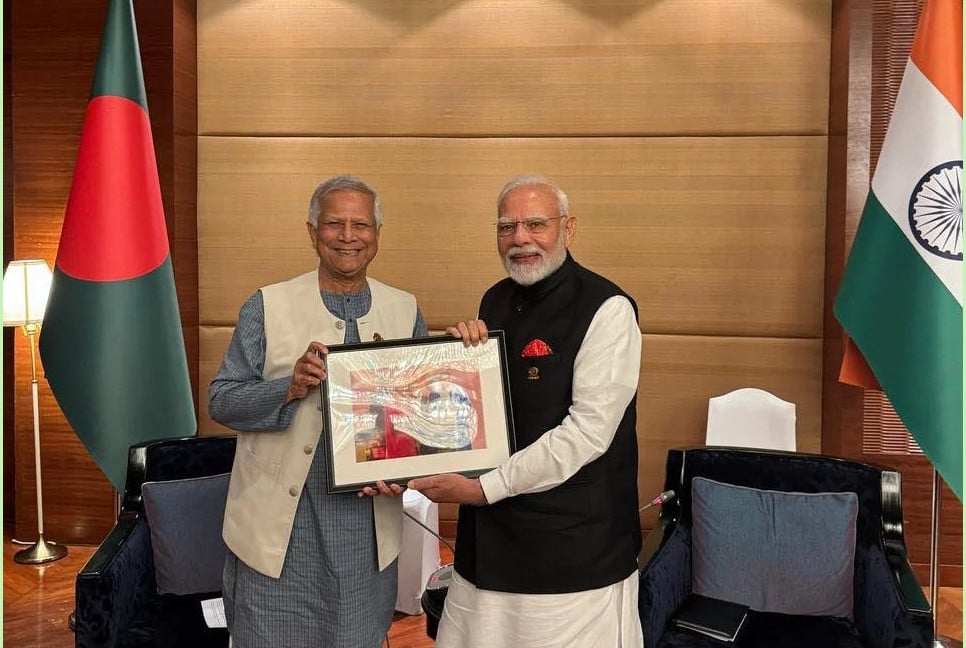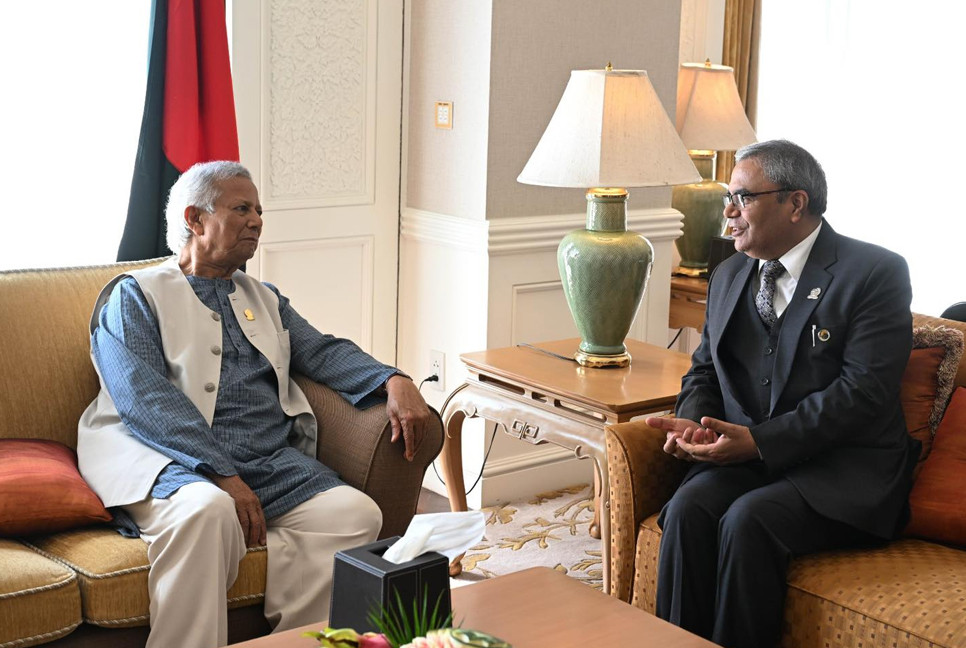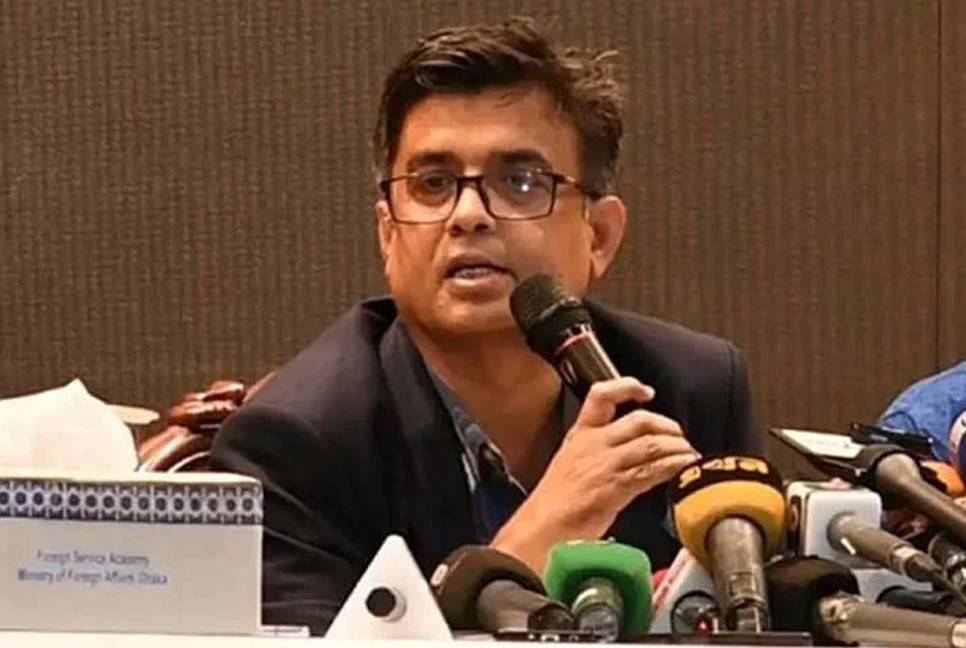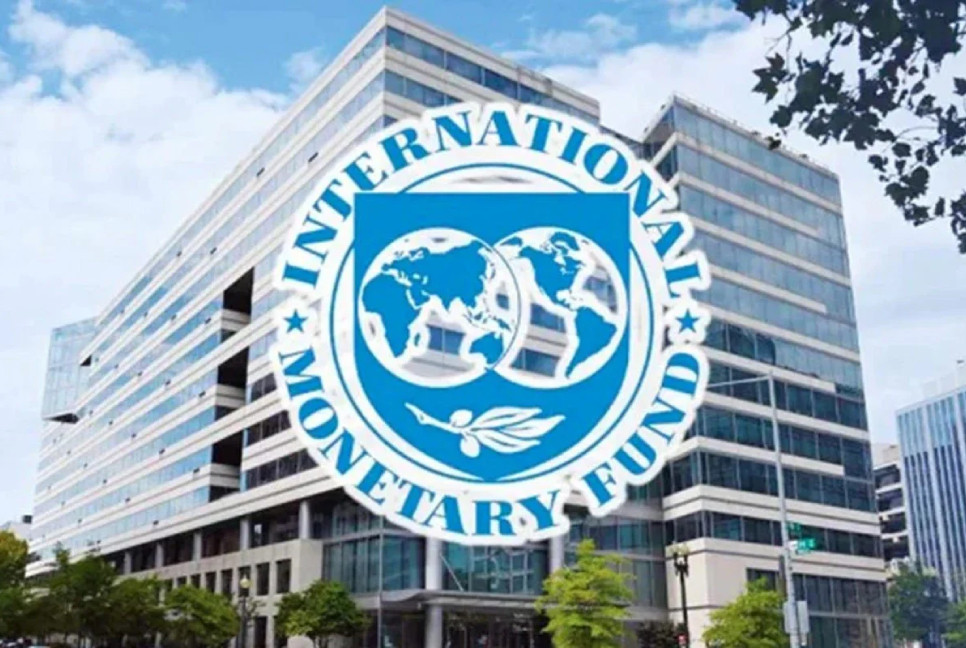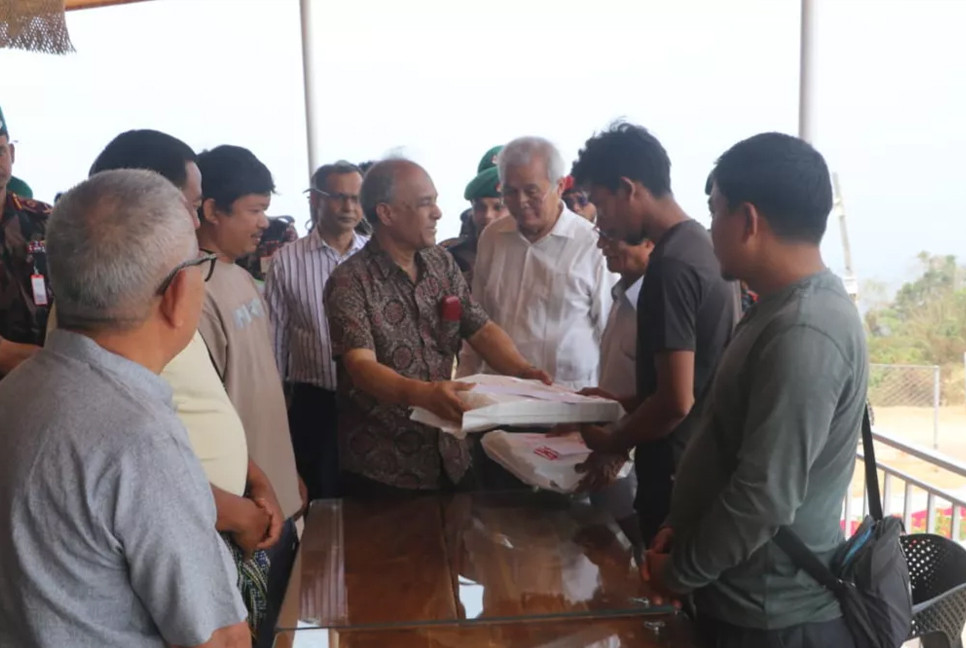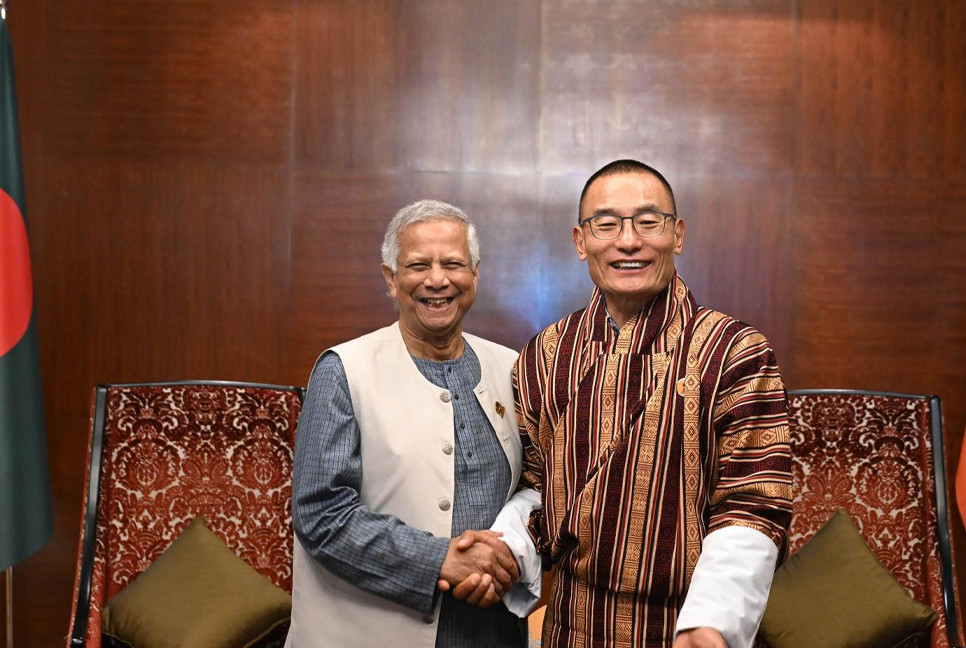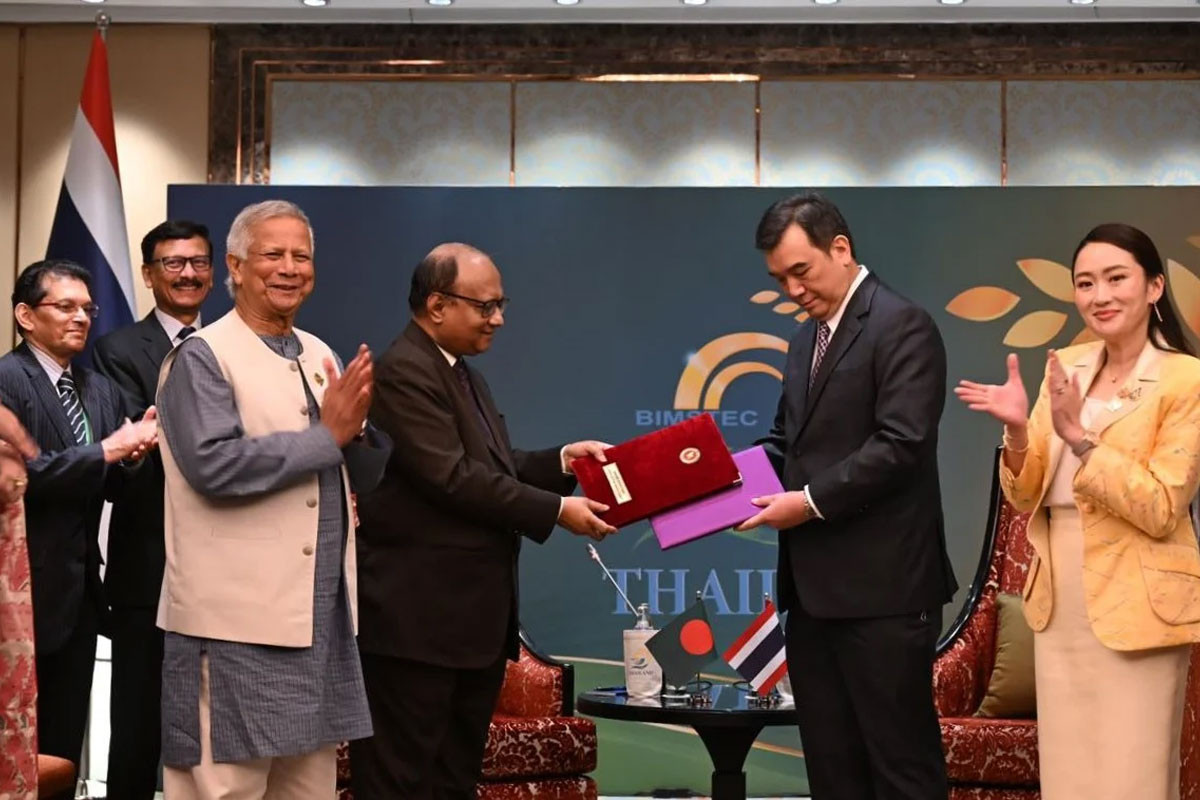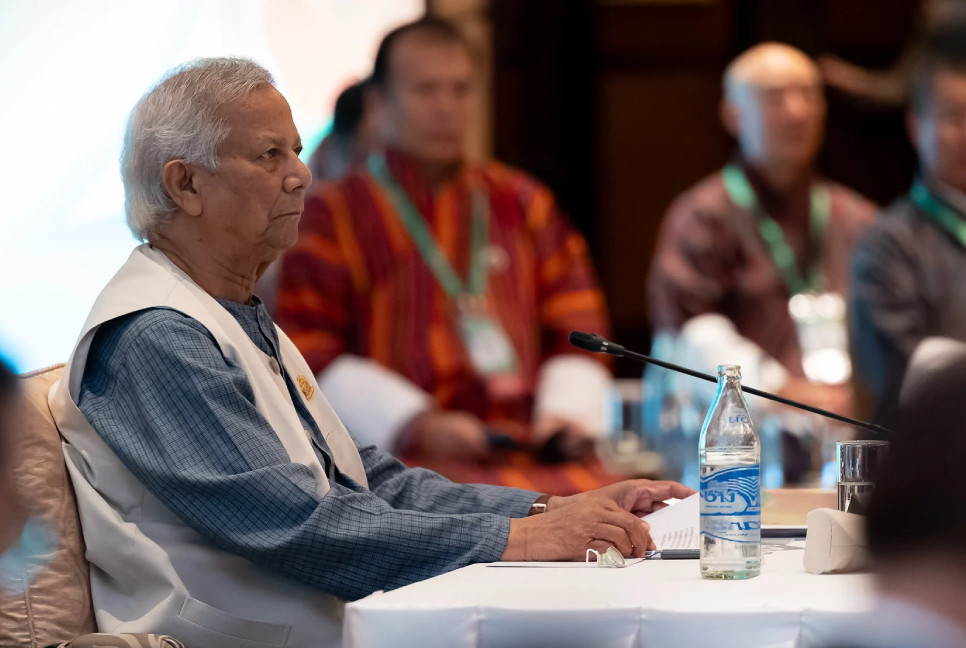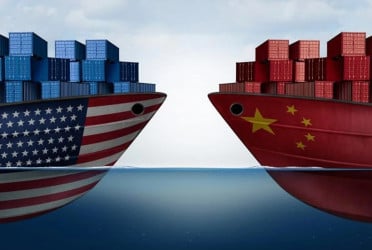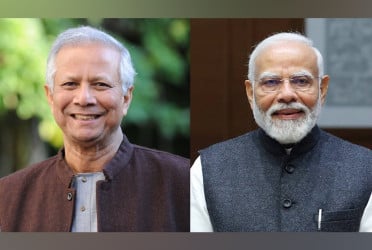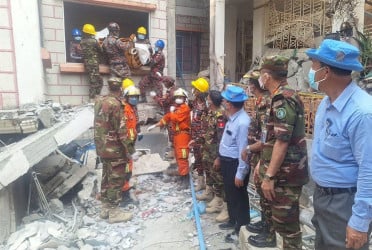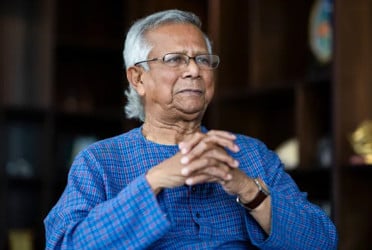There is no major food shortage in Bangladesh as of July although food price inflation remains at a multiyear high in South Asian countries.
According to the latest food security update published on its website on August 11, the World Bank said Bangladesh and Nepal had not experienced major food shortages.
On the other hand, Pakistan has experienced some decreases in wheat and rice production (because of a lack of fertilizer and a heat wave), and Bhutan and Sri Lanka are experiencing significant shortages in the domestic food supply.
The report said food price inflation reached 80 per cent in Sri Lanka, 26 per cent in Pakistan, and 8.3 per cent in Bangladesh.
Bangladesh reduced rice import tariffs, increased the budgetary allocation to agriculture, increased fertilizer subsidies, and provided a cash incentive to exporters, said the report.
Across the region, governments have adjusted agricultural policies to address food security concerns.
It also said domestic food price inflation remains high around the world, with high inflation continuing in almost all low- and middle-income countries and the share of high-income countries with high inflation increasing sharply.
Record high food prices have triggered a global crisis that will drive millions more into extreme poverty, magnifying hunger and malnutrition while threatening to erase hard-won gains in development.
Bd-pratidin English/Golam Rosul


